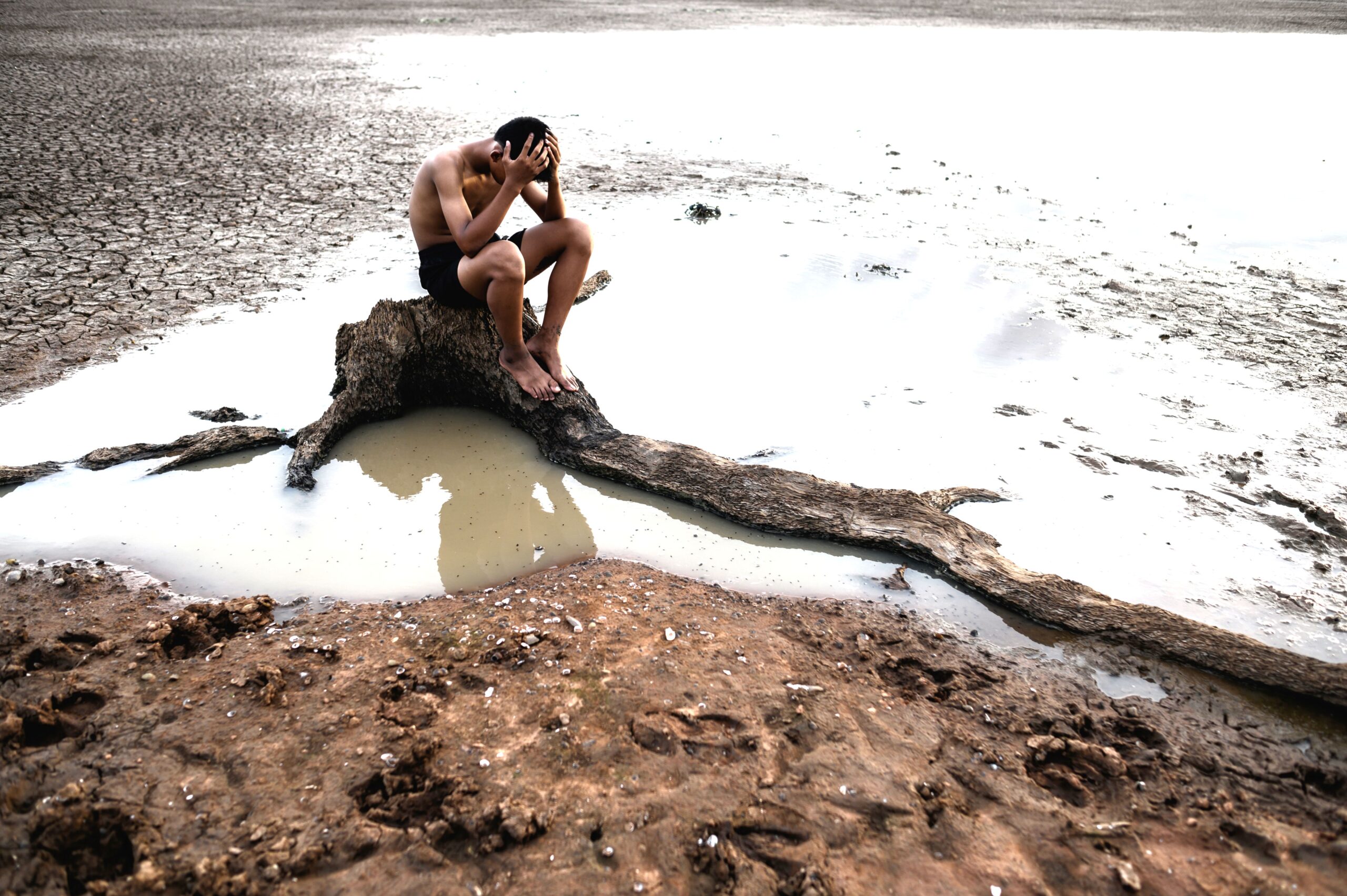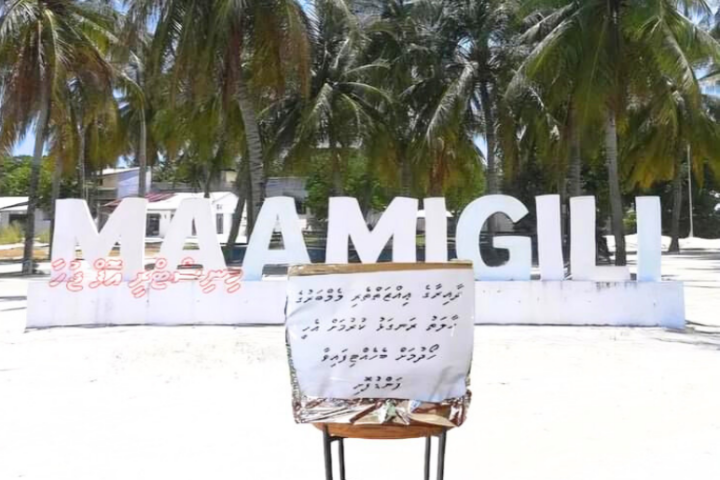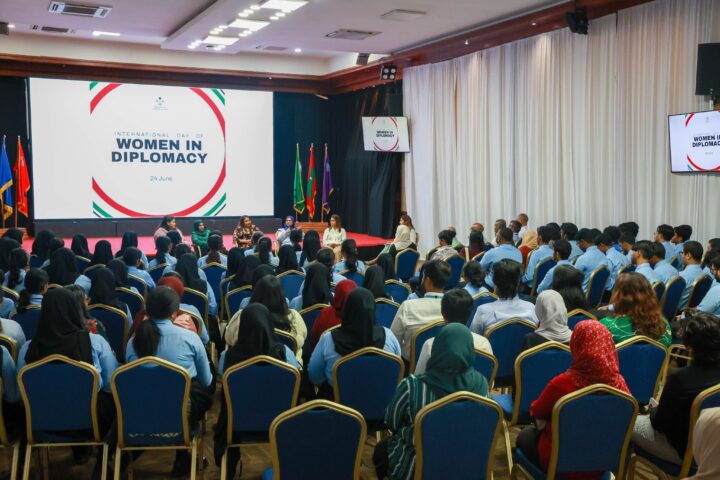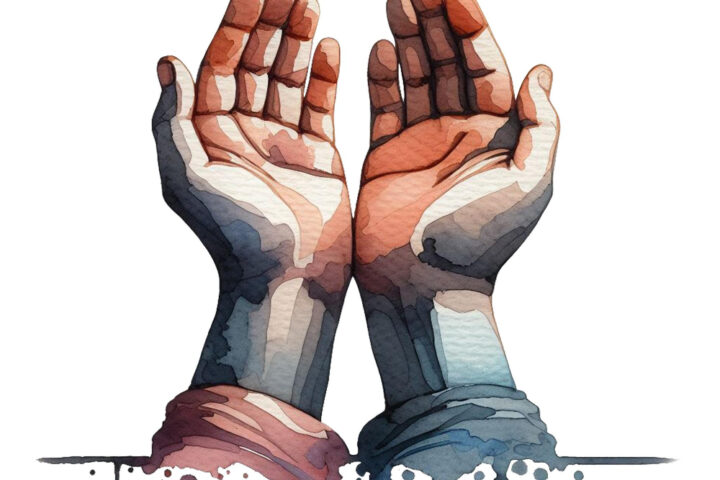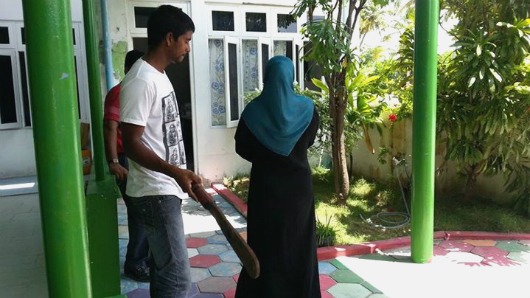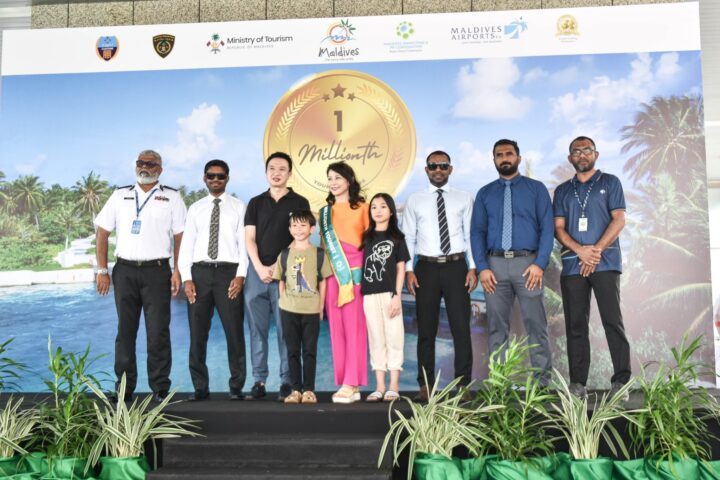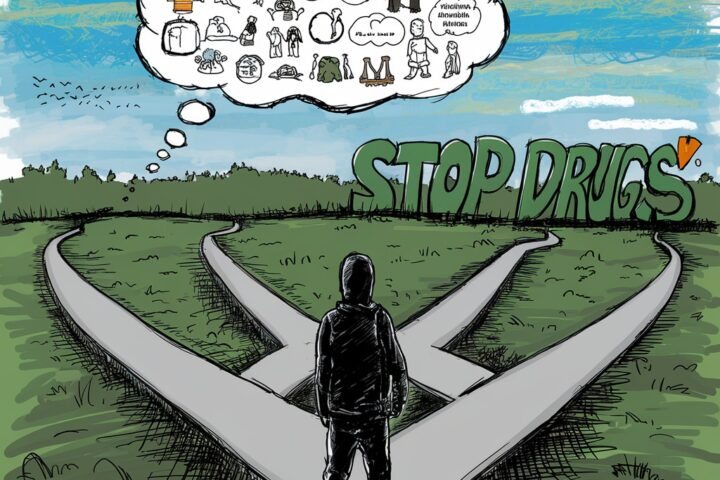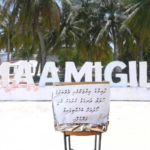Pakistan is confronting a significant water crisis, a challenge that resonates far beyond its borders, casting a shadow over South Asia. This crisis emerges from a tangled web of factors, including heightened water consumption for agriculture and industry, environmental degradation, and failures in governance – a confluence of issues that mirrors a global concern highlighted by recent remarks from the UN Secretary-General: “World leaders now recognize that we face a global water crisis and that we need to reassess how we value and manage water.”
According to the UN’s ‘Global Water Security 2023 Assessment’ report, Pakistan finds itself categorized as critically water-insecure. Per capita water availability has plummeted by over 80% in the past seven decades, amplifying the nation’s challenges.
The gravity of Pakistan’s water scarcity becomes palpable despite recent natural calamities. The unprecedented flooding of 2022 submerged vast expanses of land, and more recently, heavy rainfall in April 2024 triggered flash floods, laying bare the country’s ongoing battle with water stress, a struggle anticipated to intensify by 2035 due to climate change. Beyond threatening livelihoods, water scarcity fuels the propagation of waterborne diseases such as cholera, diarrhoea, dengue, and malaria.
In Karachi, the financial heart of Pakistan, water shortages have escalated to critical levels, eliciting criticism toward the government for its failure to curb water mafias exacerbating the crisis. The government’s inability to ensure adequate water supply during Ramadan this year underscored the severity of the situation. With a significant portion of the population lacking access to safe drinking water and a projected 30% deficit in water availability for the upcoming sowing season, the specter of absolute water scarcity looms large, echoing warnings from the International Monetary Fund.
Agricultural practices, heavily reliant on water, confront sustainability challenges amid climate change. Warnings from the Pakistan Council of Research in Water Resources echo the IMF’s predictions of severe drought by 2025 without substantial interventions. However, the government’s response remains wanting, with experts highlighting a web of factors including population growth, urbanization, unregulated industrialization, and deficient water management infrastructure as exacerbating the crisis.
Moreover, Pakistan’s food security teeters on the brink as the nation shifts towards becoming a wheat-importing country to meet domestic demands, triggering farmer protests. The aftermath of devastating floods in 2022 disrupted wheat farming, leading to shortages in early 2023. Untimely rains in April 2024 further disrupted wheat production, compounding operational costs and diminishing output. Despite consuming roughly 30 million tonnes of wheat annually, only 26.2 million tonnes were produced in 2022, driving up prices and resulting in long queues, with tragic instances of overcrowding leading to casualties.
Experts stress that Pakistan’s water crisis extends beyond mere scarcity, reflecting deeper issues of equity, access, and intersectoral distribution challenges. Dr. Ishrat Hussain, a prominent expert, underscores the governance failure at the heart of the crisis, stating, “We do not have a water crisis; we have a failure of governance with regard to water issues.” Addressing this failure and instituting effective policies are paramount to ensuring sustainable water management.
In the face of looming threats from climate change and the inequities of the global financial system, Pakistan grapples with the dual challenge of preserving its water resources while safeguarding the well-being of its populace. As climate change reshapes rainfall patterns and increases the frequency of extreme weather events, the call for decisive action to mitigate the water crisis grows ever more urgent. (Agencies)

